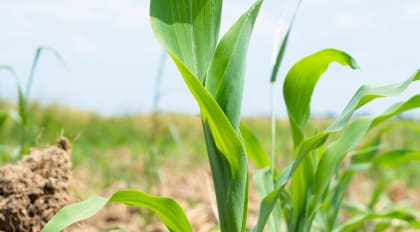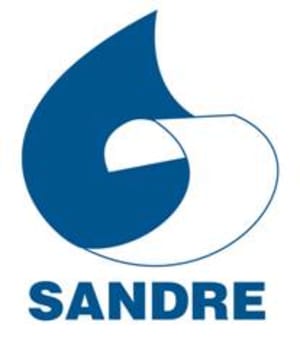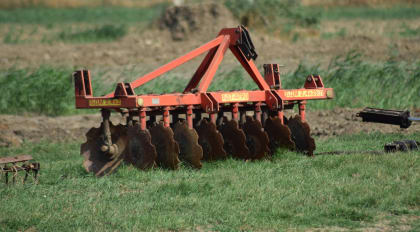
Production, Collection & Development

With the growth of the body of EU legislation, especially since the 1990s, it soon became clear that collecting paper reports as a way to justify the implementation of European law was no longer sufficient, and that structured and harmonised data collection was the only way to guarantee comparability across different national situations.
For instance, the Water Framework Directive (WFD) sets environmental targets for Member States, as well as requiring them to base their policies on environmental knowledge and to report on progress through monitoring programmes, feeding into the Water Information System for Europe (WISE). Demand for good environmental data management continues to grow, especially because of the exponential increase in data and their potential reuse through online tools.
Good data management is a prerequisite for the development of knowledge, and especially for data production, collection and storage. For instance, data production methods must be clearly established, applicable and usable. Collection systems must be known and streamlined. Storage locations must be identified and adapted to the purposes for which data are used.
All of this depends on the application of the best practices and specific information technologies that OiEau has been developing since its inception. OiEau has a permanent team of multilingual scientists with broad-based expertise in the fields of water and environmental management, data quality and standardisation, IT development and digital infrastructure.
As a result, OiEau is able to conduct numerous information system design projects at all scales (local, city, regional, national and international) and cover the entire data value chain. OiEau can therefore support its partners in better generating environmental data using information from other sources, and to better exploit these data through resources tailored to specific target audiences (decision-makers, experts, citizens, etc.).
Upon request, OiEau can:
- conduct diagnoses, situation reports and state-of-the-art reviews
- build and facilitate networks of stakeholders
- develop organisational and steering arrangements
- establish interoperability principles through standards and frameworks
- write specifications and technical guides
- collect, process, analyse and disseminate data, including geographical data
- develop/integrate and host online services and websites
- provide training and technical assistance
- establish quality controls in accordance with the ISO 27001 and 9001 standards for information systems.










